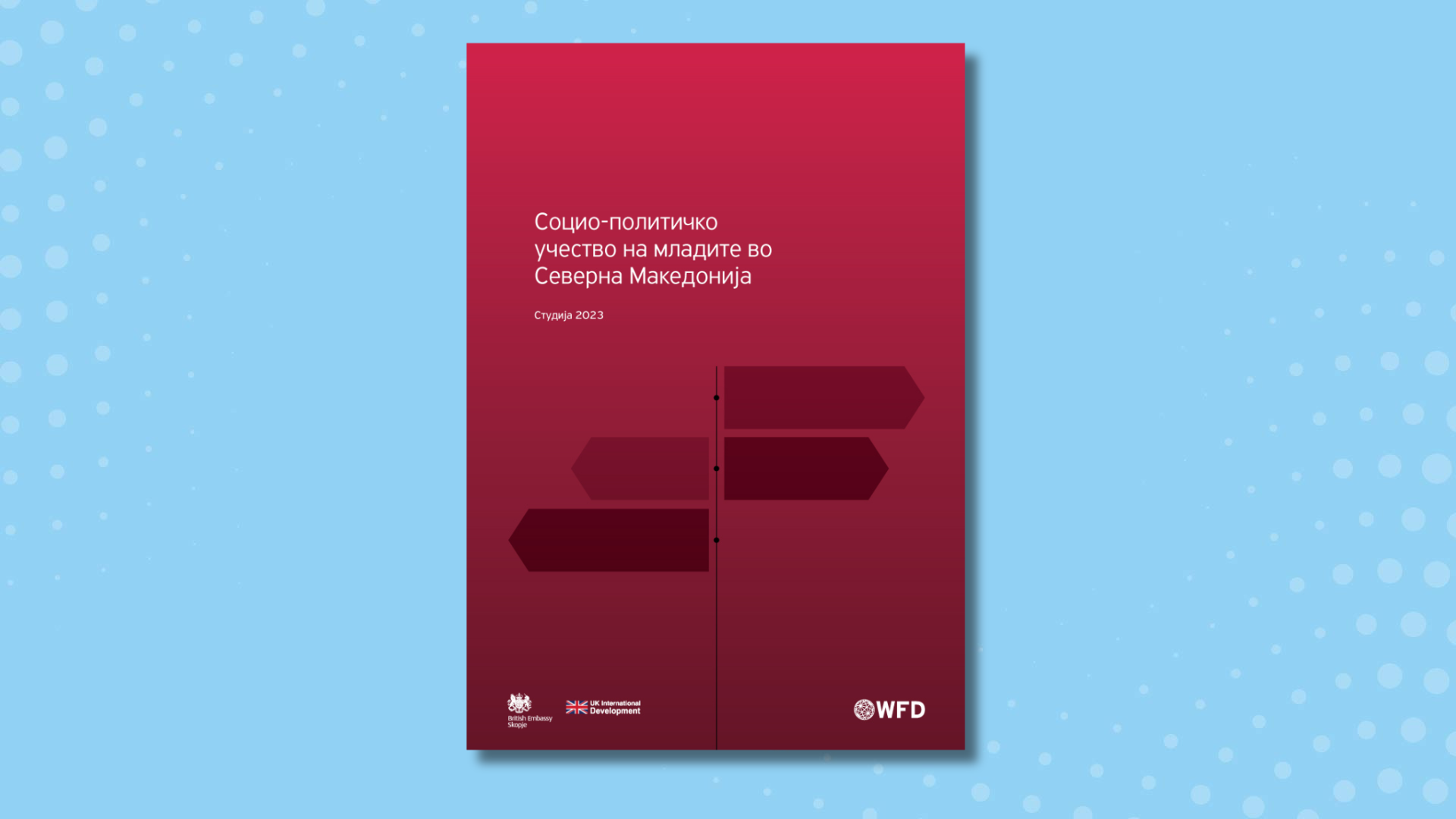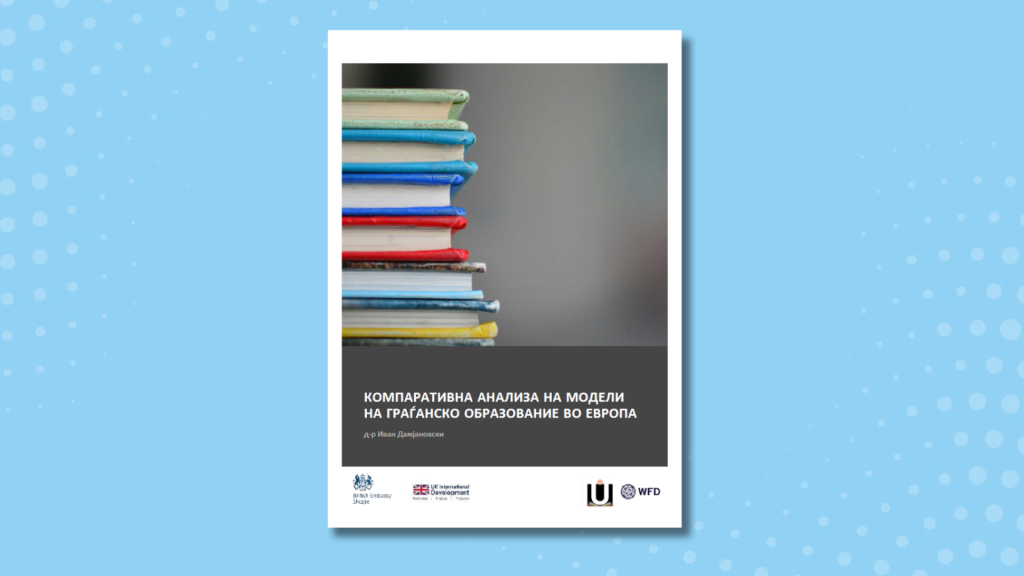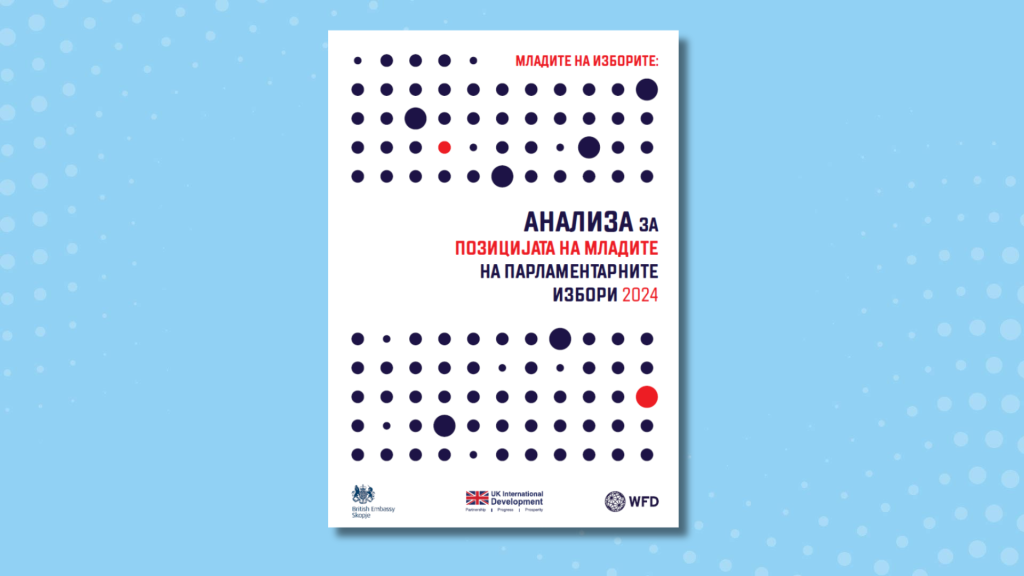Summary
A recent study on socio-political participation of young people in North Macedonia sheds light on their perceptions and outlooks, highlighting important trends that can help institutions better address the needs and improve the wellbeing and inclusion of youth in society. Conducted through a national field survey in August and September 2023, the research involved a representative sample of 1,025 respondents, along with an additional 32 participants from a “booster” sample representing young people with sensory and/or motor disabilities.
Key Findings
Growing Pessimism About Social Trends
- Only 17% of youth believe that North Macedonia is moving in the right direction, marking a significant shift from previous years. The percentage of young people who think the country is heading in the wrong direction has doubled since 2019, increasing from 24% to 50%.
- When asked about the future, 25% of respondents feel that North Macedonia will be a better place to live for young people in five years. In contrast, the number of youth who believe it will be a worse place has risen dramatically from 18% in 2019 to 42%.
- Just 32% of young people report being satisfied with their place in society. Despite these challenges, 40% remain hopeful about the potential for positive change in the country.
Declining Hopes for EU Membership
- Only 38% of young people believe that the country will eventually become an EU member state, a decrease of 22% since 2019.
- Among those who are optimistic about EU accession, they now expect it to occur by 2032, a shift from the 2019 expectation of joining within six years.
- A third of youth (33%) feel that the country is further from EU membership compared to last year, while only 17% believe progress has been made.
The desire to migrate remains significant
- 62% of respondents would consider leaving the country if given the opportunity, a statistic that has remained relatively stable since 2019.
- 77% of young people do not plan to return if they migrate, representing a 14% increase since the last survey in 2021.
Disengagement from Institutions
- 80% describe themselves as socially inactive, with active participation dropping from 26% in 2021 to 20% in 2023.
- A majority, 54%, feel they cannot influence authorities at all, and seven out of ten young people have never been consulted by local or national authorities.
- A positive sign is that 78% do not view politics as solely the domain of politicians, and 73.2% believe that simply voting is insufficient to influence political outcomes. Furthermore, 72.4% are willing to express their opinions publicly rather than keeping them to themselves.
Voting engagement stays strong
- 90% of young people participate in elections, with 59% always voting (though this has dropped by 5% since 2019), while 31% vote occasionally.
- If elections are held tomorrow, 63.8% of the young people will vote.




